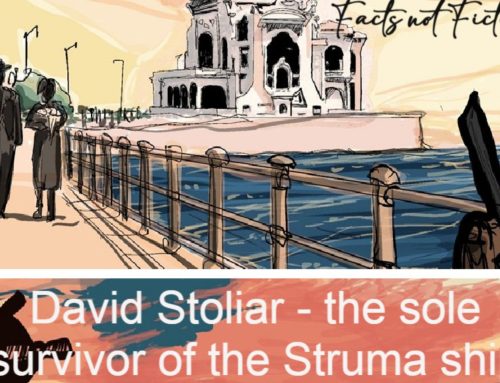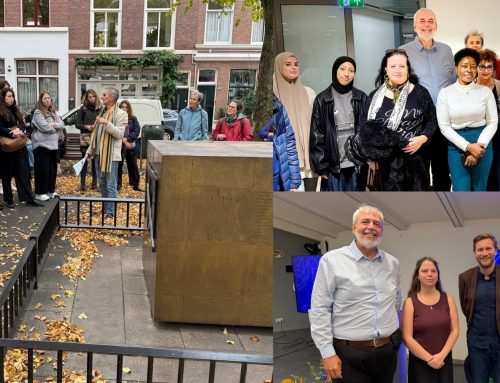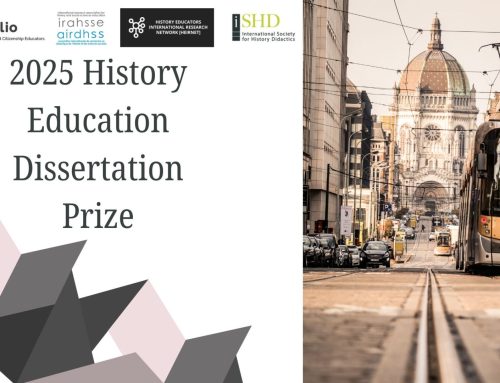From 23-25 May, the first EuroClio teaching training seminar within the ‘History Matters’ project was held in Pristina, Kosovo, marking a successful culmination of several years of sustained cooperation between the secretariat and the growing History Teachers Association of Kosovo (SHMHK). The event involved teachers and curriculum developers from the capital and surrounding areas, and was organised in order to assist in the practical implementation of Core Curriculum, which was developed by the Ministry of Education, Science and Technology (MEST) in 2011. Three international experts were invited to provide workshops on pedagogical aspects of the new curriculum, which places strong emphasis on student-centred learning outcomes.
After the event was formally opened by Vice-Minister Mr Nehat Mustafa, who voiced his support for the project and emphasised the importance of an enhanced teacher understanding of how to develop key competences in the classroom, background information about the work of EuroClio, SHMHK and MEST was given to participants. The following day consisted of a full programme of workshops, during which EuroClio’s experts Luisa Black (Portugal), Martin Liepach (Germany) and Ian Phillips (United Kingdom) led interactive sessions encouraging teachers to think about how key competences could be developed through classroom activities. Luisa’s practical introduction to the full range of competences de was followed by more thematic workshops given by Ian and Martin, focusing on continuity, change and multiperspectivity.
On the final day teachers were encouraged in groups to use their newly acquired skills to begin developing new exemplar teaching material. Teaching topics grouped into time periods were brainstormed and then presented to the rest of the participants, with consideration of how these topics can be taught in connection to the new curriculum’s learning outcomes. Following these presentations and a final group discussion the seminar was closed by Ambassador Jan Braathu of the Royal Norwegian Embassy to Kosovo, which is providing the funding for the project. Mr Braathu expressed his delight that teachers were able to come together and take initiative in curriculum reform, and made clear the embassy’s enthusiasm to continue to support the project in the future.
This event was the first to take place within the ‘History Matters’ project, which aims to help develop the professional capacity of SHMHK in addition to supporting the process of curriculum reform. The next event is due to take place in September and will focus on the concrete development of exemplar source-based teaching activities. More details will be announced in due course on the ‘History that Connects’ section of the website and EuroClio social media.
An (Albanian) article about the event was also published on the Ministry’s website and can be read here.












